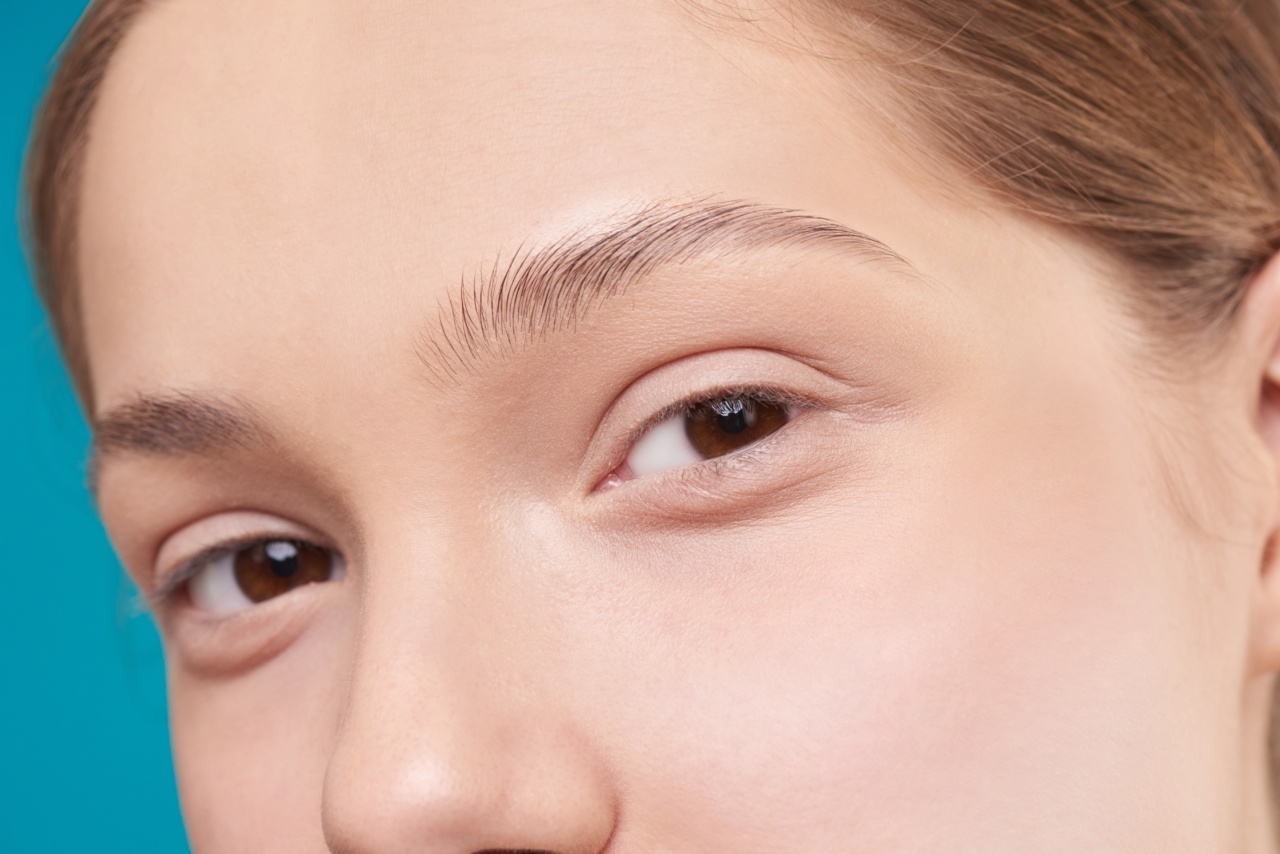Psoriasis is a chronic autoimmune skin condition that affects millions of people worldwide. Characterized by red, itchy, and scaly patches on the skin, psoriasis can have a significant impact on a person’s quality of life.
While there is currently no known cure for psoriasis, there are several revolutionary treatments that can help manage the symptoms and promote clearer skin. In this article, we will explore some of these breakthrough treatments and their potential benefits.
1. Topical Corticosteroids
Topical corticosteroids are widely used as a first-line treatment for mild to moderate psoriasis. These creams or ointments contain corticosteroids, which help reduce inflammation and relieve itching.
When applied directly to the affected areas, topical corticosteroids can effectively reduce redness and scaling, leading to clearer skin. Mild corticosteroids are usually recommended for use on sensitive areas like the face and genitals, while stronger ones are reserved for thicker lesions on the elbows, knees, and scalp.
2. Phototherapy
Phototherapy, also known as light therapy, utilizes ultraviolet (UV) rays to treat psoriasis. It involves exposing the skin to controlled doses of UV light, either through specialized equipment or natural sunlight.
The UV light slows down the rapid growth of skin cells associated with psoriasis and reduces inflammation. Phototherapy can be used alone or in combination with other treatments, such as topical medications or coal tar. This treatment is typically performed in a medical setting under professional supervision.
3. Systemic Medications
Systemic medications are prescribed for moderate to severe psoriasis that does not respond to topical treatments or phototherapy. These medications work internally to target the underlying immune system dysfunction responsible for psoriasis.
Some commonly prescribed systemic medications include methotrexate, cyclosporine, and acitretin. Biologics, a newer class of systemic medications, have shown remarkable success in treating psoriasis by blocking specific proteins in the immune system.
However, systemic medications may carry some side effects and require regular monitoring by a healthcare professional.
4. Topical Retinoids
Topical retinoids are derived from vitamin A and are applied directly to the skin to treat psoriasis. They work by slowing down the growth of skin cells and reducing inflammation.
Topical retinoids are commonly prescribed for psoriasis affecting sensitive areas like the face and genitals. It is important to note that these medications may cause skin irritation and increased sensitivity to sunlight. Therefore, they should be used under the guidance of a healthcare professional.
5. Biologics
Biologics are a newer class of systemic medications that have revolutionized the treatment of psoriasis. These medications are genetically engineered proteins that target specific parts of the immune system involved in psoriasis.
By blocking the action of these proteins, biologics can effectively reduce inflammation and slow down the overproduction of skin cells. Biologics are generally administered through injections or infusions and require regular monitoring due to their potential side effects.
However, they have shown high rates of success in achieving clearer skin and improving overall quality of life for individuals with psoriasis.
6. Oral Retinoids
Oral retinoids, such as acitretin, are synthetic forms of vitamin A that can be taken orally to treat psoriasis. These medications help slow down the production of skin cells and reduce inflammation.
Oral retinoids are typically prescribed for severe cases of psoriasis or when other treatments have failed. However, they may have significant side effects, including liver damage and birth defects, so they should be used with caution and under the supervision of a healthcare professional.
7. Excimer Laser
The excimer laser is a targeted phototherapy treatment that delivers UVB light to specific areas of the skin affected by psoriasis. This targeted approach allows for higher doses of UVB exposure without affecting healthy skin.
The excimer laser can effectively reduce redness, scaling, and itching, promoting clearer skin. It is often used for localized psoriasis on areas like the elbows, knees, and scalp.
8. Injectable Medications
Injectable medications provide an alternative treatment option for individuals with moderate to severe psoriasis.
These medications are administered via subcutaneous injections or intravenous infusions and work by targeting specific elements of the immune system involved in psoriasis. One example of an injectable medication used for psoriasis is ustekinumab, which works by blocking specific proteins that contribute to inflammation and abnormal skin cell growth.
9. Combination Therapies
In certain cases, combining different psoriasis treatments can provide enhanced benefits and improve treatment outcomes.
For example, combining phototherapy with topical medications or systemic medications can help achieve better control over psoriasis symptoms. Similarly, combining biologics with other treatments may result in a more effective reduction of inflammation and improved skin clearance.
10. Lifestyle Modifications
While there is no guaranteed way to prevent or cure psoriasis, making certain lifestyle modifications can help manage symptoms and promote clearer skin. Some beneficial lifestyle changes include:.
- Maintaining a healthy weight
- Eating a balanced diet rich in fruits, vegetables, and omega-3 fatty acids
- Managing stress levels through relaxation techniques or therapy
- Avoiding triggers like smoking, alcohol consumption, and certain medications
- Keeping the skin well-moisturized and avoiding harsh chemicals or irritants
- Getting regular exercise to improve overall health and lower inflammation
It is essential to consult with a healthcare professional or dermatologist to develop an individualized treatment plan that suits your specific needs and medical history.
They can provide guidance on the most appropriate revolutionary psoriasis treatments and help monitor your progress towards achieving clearer skin.


























